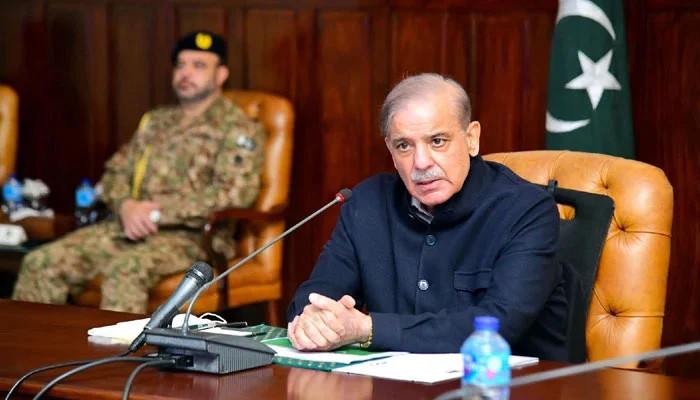PM Directs Rollout of FBR’s Performance Model Across Federal Government
Prime Minister Shahbaz Sharif, encouraged by the Federal Board of Revenue’s (FBR) innovative performance management system for its personnel, has established a high-powered committee to replicate this model throughout the federal government.
The committee, led by the finance minister, comprises additional cabinet members, key federal secretaries, the auditor general of Pakistan, and at least two human resource professionals from the private sector. Their mandate involves creating a phased implementation strategy to introduce the FBR’s performance evaluation system across all federal ministries, divisions, departments, and civil service groups.
A notification issued recently instructed the committee to submit its recommendations within a month. The committee’s key responsibilities include:
- Examining the FBR’s performance evaluation system, covering its structure, methods, assessment standards, and results.
- Evaluating the system’s suitability, adaptability, and scalability across different ministries and service groups, while considering the variety of roles and organizational configurations.
- Determining required legal and administrative adjustments for effective implementation.
- Creating uniform evaluation templates, feedback processes, and performance metrics to ensure fairness, openness, and accountability.
- Advising on necessary institutional frameworks, skill-enhancement initiatives, digital solutions, and protective measures for the effective and confidential execution of a comprehensive evaluation system.
- Formulating a step-by-step implementation plan, incorporating pilot programs in specific ministries and a schedule for complete adoption.
Previously, it was reported that the FBR introduced this new system for officers in the Customs and Inland Revenue (Income Tax) services, replacing the widely criticized Annual Confidential Report (ACR) system.
Last week, PM Shehbaz endorsed the FBR’s plan, which brought about substantial changes in performance ratings. In the past, 98% of officers received “outstanding” or “very good” ratings, with 99% recognized for exceptional integrity. Under the updated model, only 40% are now ranked in the highest tiers.
The evolved performance framework introduces compensation based on merit. Officers will undergo evaluations every six months, with enhanced financial incentives provided only to those in the top performance categories. Unlike past practices, where almost all officers were rated highly regardless of their actual performance or reputation, the updated model features a graded evaluation system from “A” to “E,” with each grade representing 20% of the officers. Assessments are conducted through a digital platform, focusing on integrity and quality of work.
The revised system is intended to be transparent, secure, and resistant to undue influence. High-achieving officers will now be rewarded in accordance with their performance and ethical standards.



Comments (0)
No comments yet. Be the first to comment!
Leave a Comment